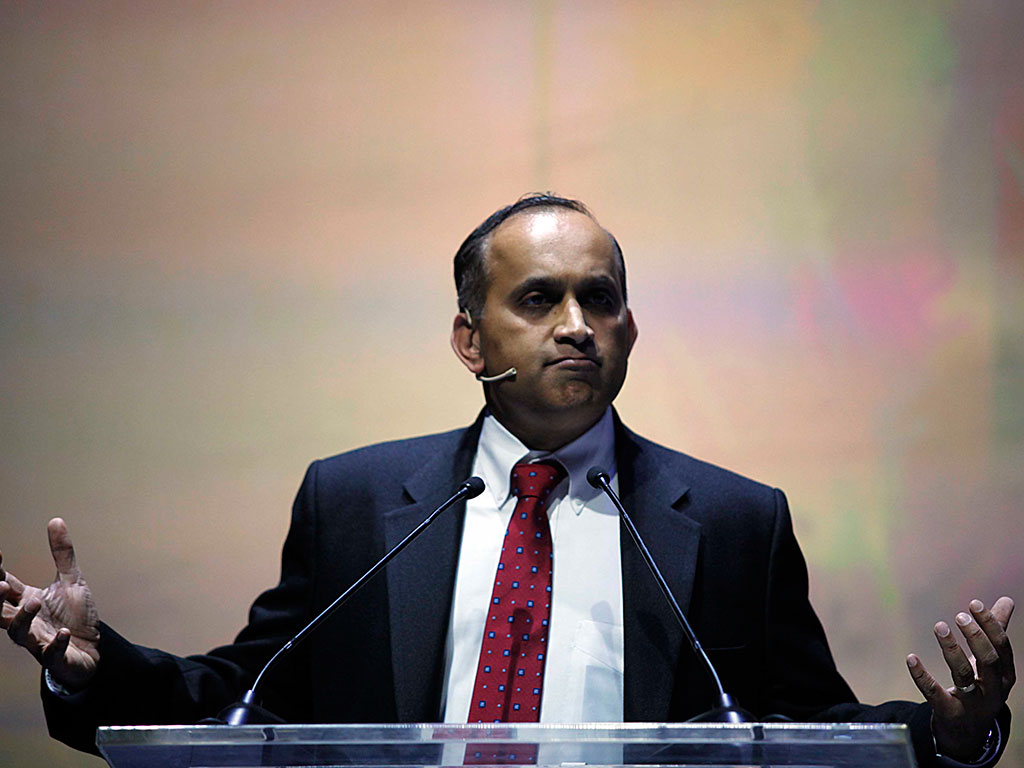
On September 4, employees at the enterprise software start-up Good Technology received notice that the company was being sold to its largest rival – Blackberry. More worrying to the employees, however, was that Good settled on a lowball offer at less than half the company’s $1.1bn private valuation.
Considering the company had earlier expressed plans to go public, and turned down an $825m cash offer from CA technologies, taking Blackberry’s offer later on represented a huge loss. The ones hit the hardest by the company’s crash were not the founders, top executives or investors, but the rank-and-file employees.
Like many other start-ups, Good used its stock options and equity grants to lure in employees. When the common shares offered to employees drastically dropped in price as a result of the sale, they felt more than just distaste at the prospect of working for their rival company. Ordinary shares dropped from $4.32 to 44 cents, whereas Good’s preferred shares were worth more than $3, seven times as much.
Adding insult to injury, some employees had lost money, using their savings or borrowing to pay back the money lost. A large proportion of them were being taxed according to the higher share price, and continued to have to pay off the tax when the shares dropped. Mathew Parks, Good’s director of cloud products, said: “Many employees may not recover what they’ve lost.”
As one of the fastest growing industries, with a limited pool of specialised talent, hiring in technology has effectively become an unofficial system of poaching
The workers took their outrage out on the company. Some are suing board members for a breach of fiduciary duty, and it has even been reported by The Times that “a glass conference room wall at Good’s headquarters was broken, according to an incident report”.
VMware’s Poonen quick to reach out to angered employees
Sanjay Poonen, the general manager of Good’s competitor VMware, saw an opportunity in the company’s downfall. Shortly after Good’s deal with Blackberry, Poonen began very publicly reaching out to the employees.
Poonen tweeted: “Brutal article about unicorns @NYTimes… R u a talented @good_technology employee? Send us your resume, we’re hiring!”
Business Insider had cited unnamed sources who claimed that Poonen has gone beyond the tweet and actively approached individuals in an effort to hire them.
Poaching employees to gain a competitive edge is not a strategy unfamiliar to VMware. In February last year, the company lured CIO Bask Iyer from Juniper Networks in an attempt to up its game and take on new ‘software defined’ markets. Later that year, VMware then poached Poonen himself, who was leading SAP’s mobile division, one of SAP’s biggest growth areas. The strategy turned out to be a great success, as Poonen shortly after orchestrated one of VMware’s largest acquisitions, the $1.54bn purchase of AirWatch – a big competitor in the mobile device management market and rival of Good.
Poaching tends to be a grey-area for business, usually with negative connotations. Often deemed unethical, the strategy may improve a company’s competitive ability, yet simultaneously diminish the reputation of both the employer and the employee. As the economy improves, affordable and talented employees become more difficult to find, and companies employ unconventional means to hire the best.
As one of the fastest growing industries, with a limited pool of specialised talent, hiring in technology has effectively become an unofficial system of poaching. It has been a recurring issue in recent years, resulting in an tech industry antitrust suit in 2010 to end the cold calls used to poach employees. Since then, some of the top tech companies, such as Apple, Google and Intel, have been ordered to face antitrust lawsuits, accused of violating the poaching agreement. What’s more, poaching does not only occur among the top tech companies; recently, private and start-up businesses have also been pursuing the best and the brightest within the industry.
Poaching tends to be a grey-area for business, usually with negative connotations. Often deemed unethical, the strategy may improve a company’s competitive ability, yet simultaneously diminish the reputation of both the employer and the employee
However VMware’s effort signals an attempt to reframe the strategy, hiring candidates through competitive intelligence and relieving Good employees from a state of dissatisfaction. The question in this particular situation is whether some types of poaching can be deemed as ethical. Prior to Poonen’s attempt to recruit the employees, they may not have had any intention of joining VMware. But their discontent with Good technology, and the continuous competition for employees within the industry, may have only encouraged a move that might have benefited one of their rivals.
In a time where ethical conduct is well received among clients and customers, it’s possible that poaching, in this case taking unhappy and disgruntled workers, could be an appropriate recruitment strategy. In such a fast-paced industry, it’s unavoidable that poaching becomes the dominant strategy for recruitment. Ethical poaching, taking into consideration the best interest of the individual as well as the company, could be beneficial to the company’s reputation, as well as its competitive edge.

